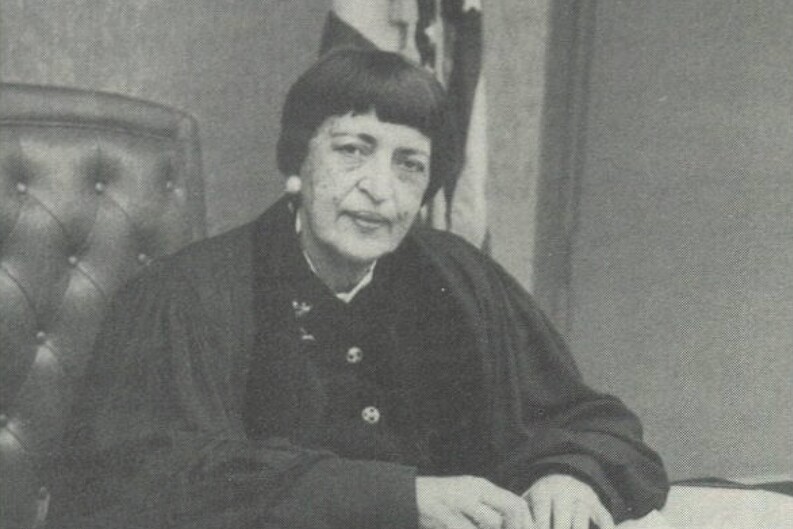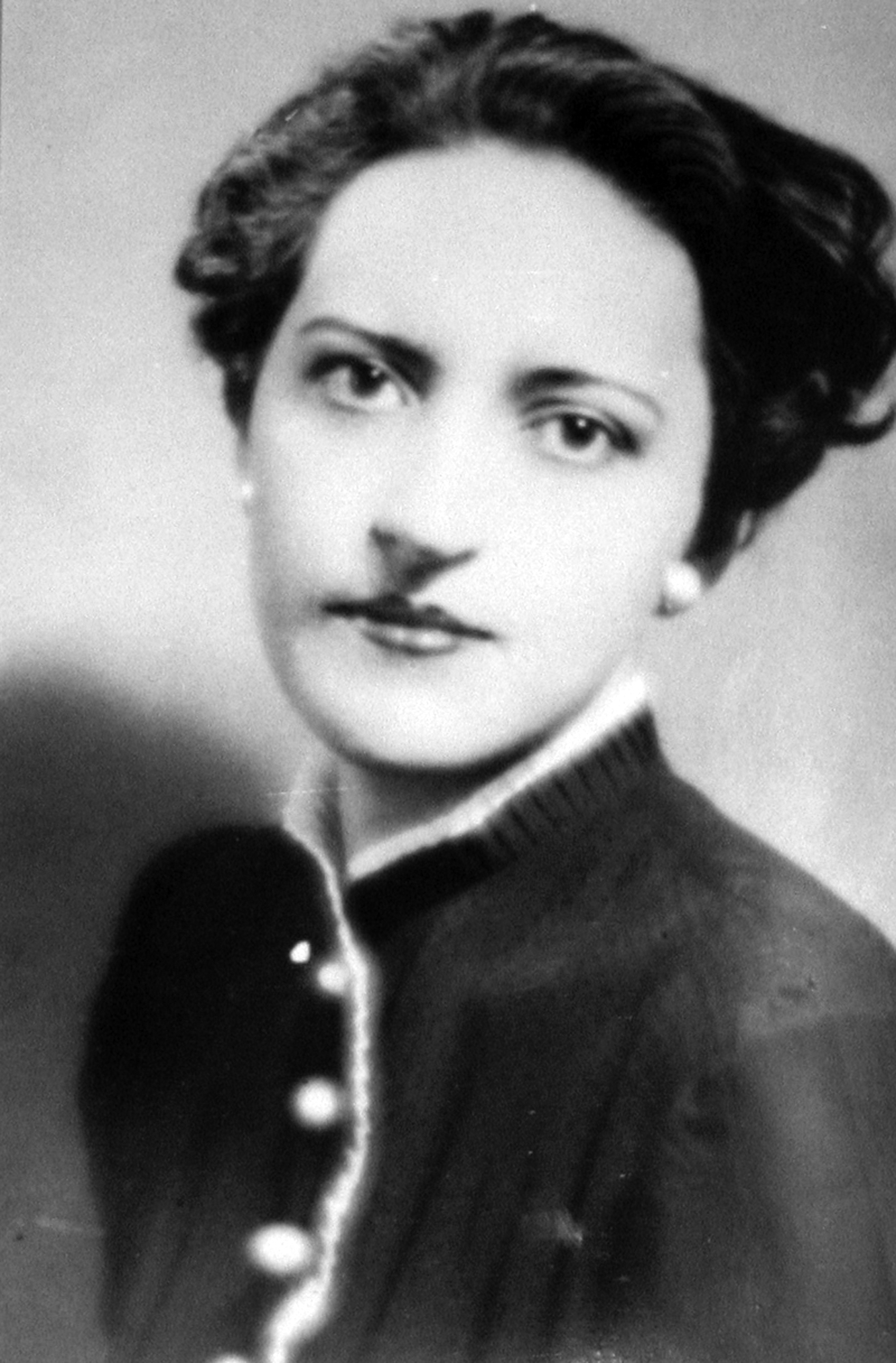Historical Profile: Jane Matilda Bolin ’31


Jane Matilda Bolin made history as the first Black female judge in the United States and the first Black woman to graduate from Yale Law School. As Professor Tracey L. Meares said in an address about Bolin during Alumni Weekend 2007, “she lived a life of firsts.”
Bolin was born in 1908 in Poughkeepsie, New York, and had big aspirations for a career in law from the time she was a young child. Her father, who was president of the Dutchess County Bar Association, had his own practice where she would later work after her graduation from law school.
While a student at Wellesley College — where she would graduate among the top of her class — a guidance counselor discouraged her from pursuing a legal career due to her race and gender. Even her father, a trailblazing lawyer in his own right, had reservations about his daughter enrolling in law school, but Bolin was not deterred.
At the time of Bolin’s enrollment in Yale, there were only 22 Black female attorneys in the entire country. While in law school, she was one of three women in her class and the only Black woman. The School didn’t yet have dorms for women, so Bolin was housed in a private home. Bolin endured discrimination from her peers. Southern classmates deliberately let doors hit her in the face as they entered and exited classrooms. Some of her professors were even known to purposely avoid calling on her in class or acknowledging her in the hallways. Despite these obstacles, Bolin was determined to persevere and became the first Black woman to graduate from the Law School in 1931.
During her first year at Yale, she met her first husband, Ralph Mizelle. The couple practiced together in New York City for five years, after which Bolin went on to work in the City’s legal department.
A year after running for State Assembly in 1936, Bolin was hired in the New York City Corporation Counsel’s office, working as Assistant Corporation Counsel in what is now known as Family Court. The appointment was yet another trailblazing moment for Bolin, as she was the first Black woman to work in the City’s legal department. She was also the first Black woman to join the New York City Bar Association.
 Shortly following the opening of the 1939 World’s Fair, Bolin was called to appear at the New York City building by Mayor Fiorello La Guardia. Unbeknownst to her, La Guardia had plans to swear her in as judge of the City’s Domestic Relations Court, making her the first Black woman to hold a seat on the bench in the United States. Once appointed to the bench, Bolin “remained a tireless advocate for race and gender equality,” said Meares.
Shortly following the opening of the 1939 World’s Fair, Bolin was called to appear at the New York City building by Mayor Fiorello La Guardia. Unbeknownst to her, La Guardia had plans to swear her in as judge of the City’s Domestic Relations Court, making her the first Black woman to hold a seat on the bench in the United States. Once appointed to the bench, Bolin “remained a tireless advocate for race and gender equality,” said Meares.
Some of her most notable achievements during her judgeship included the end of race-based assignments of probation officers and segregated childcare facilities. She also advocated for the end of segregating donated blood and public housing, and is credited in large part for her influence on Mayor Robert F. Wagner Jr. to integrate New York public housing in 1957. Her nearly 40-year tenure ended in 1978, albeit reluctantly on her part, when she reached the mandatory retirement age.
Bolin spent her later years volunteering as a reading instructor in New York City public schools and was a member of the Regents Review Committee of the New York State Board of Regents. She died in 2007 at the age of 98 in Queens, New York.


